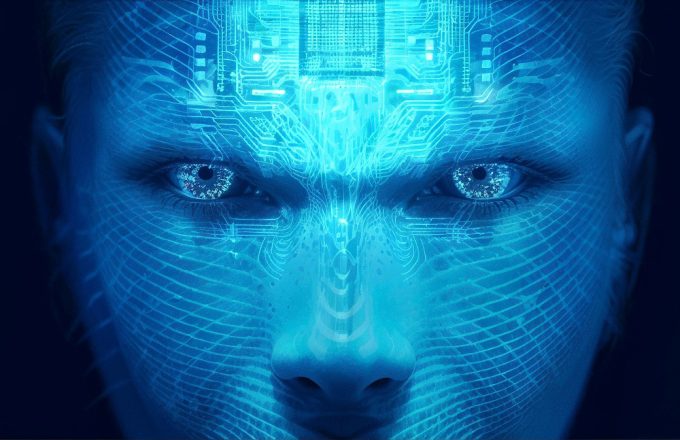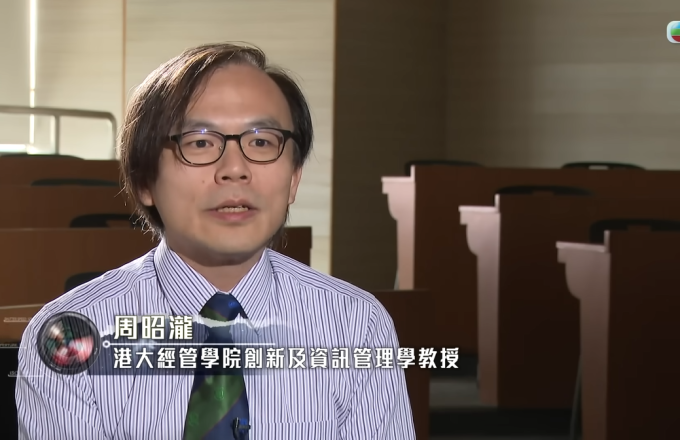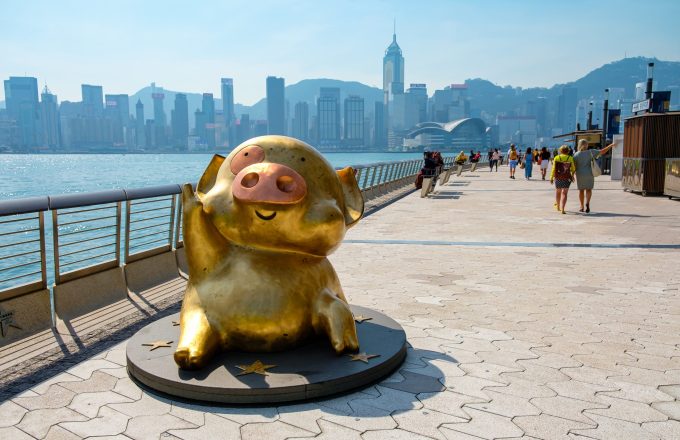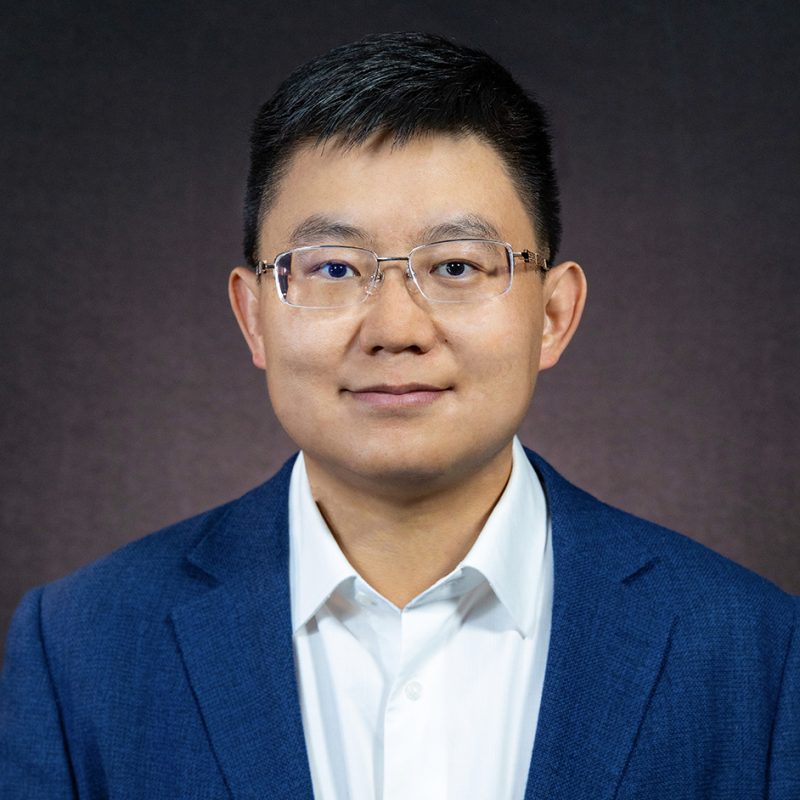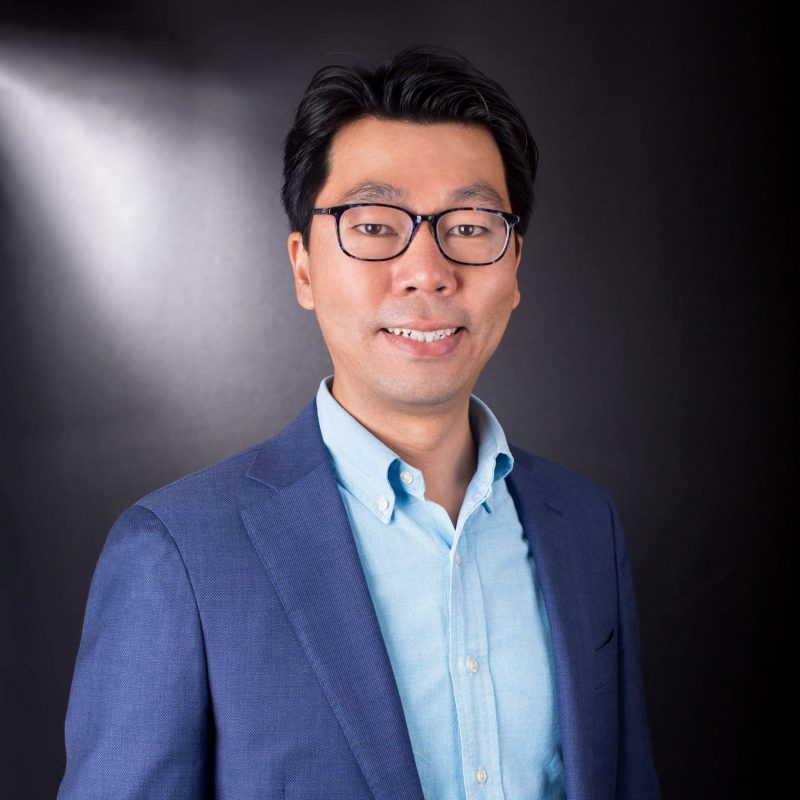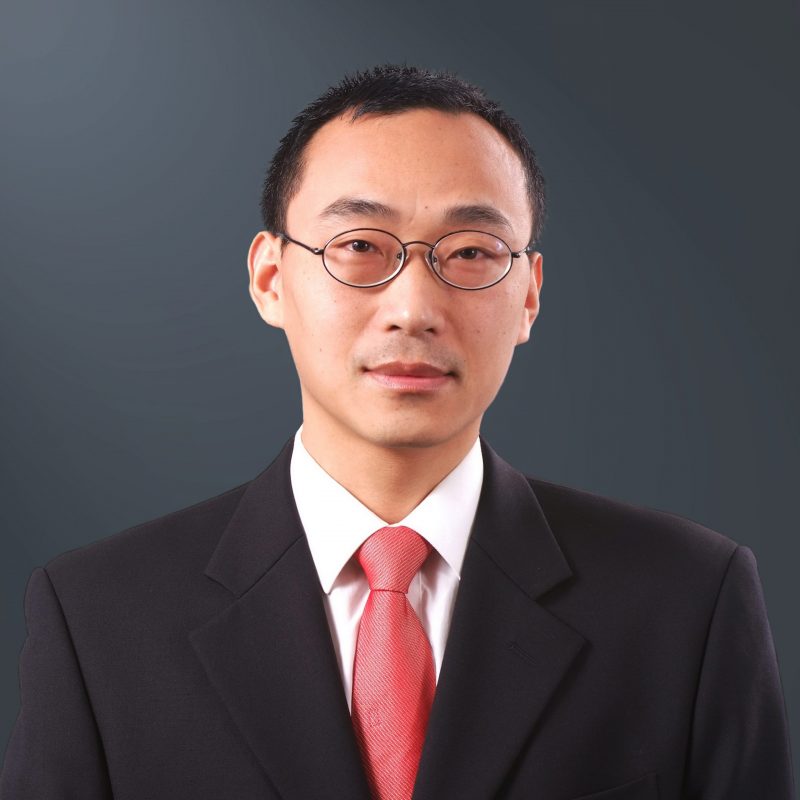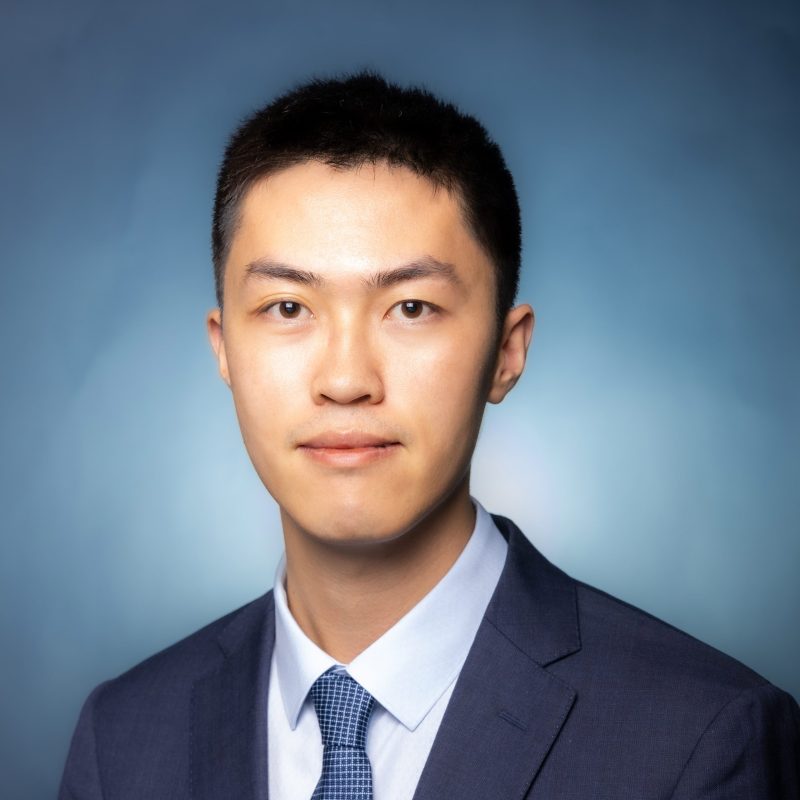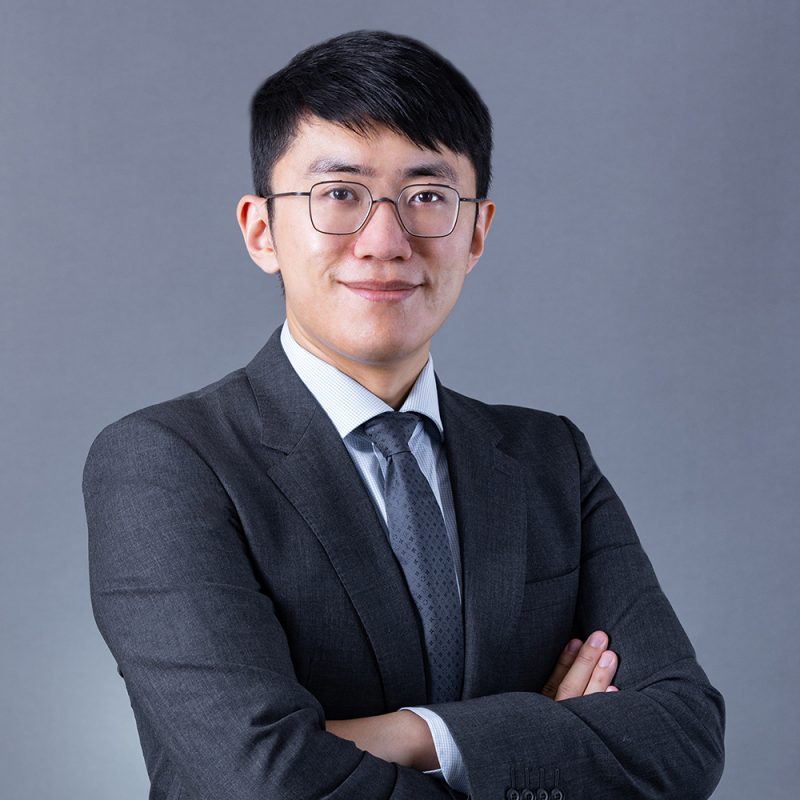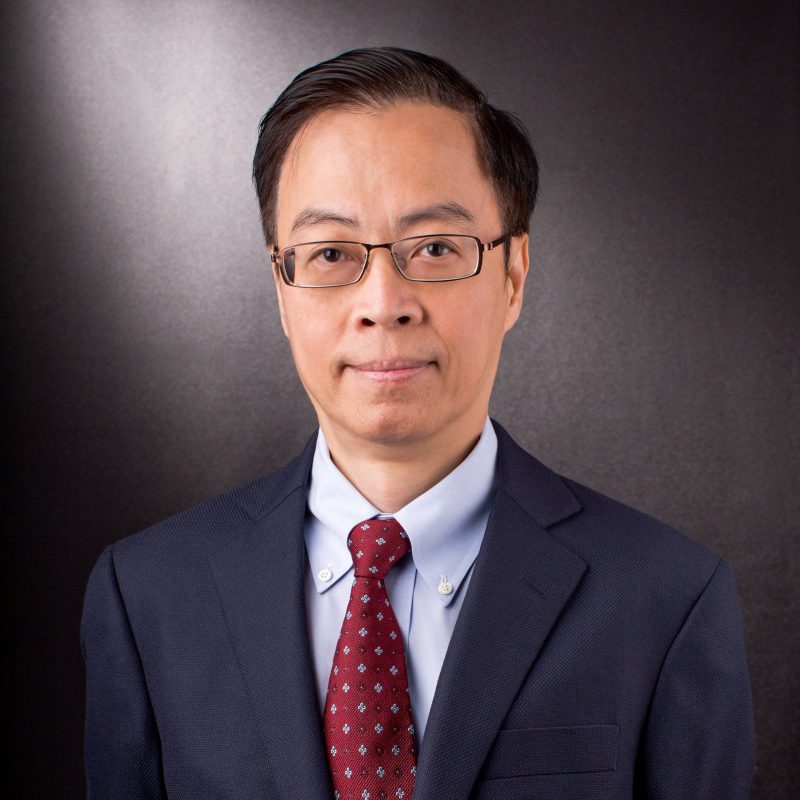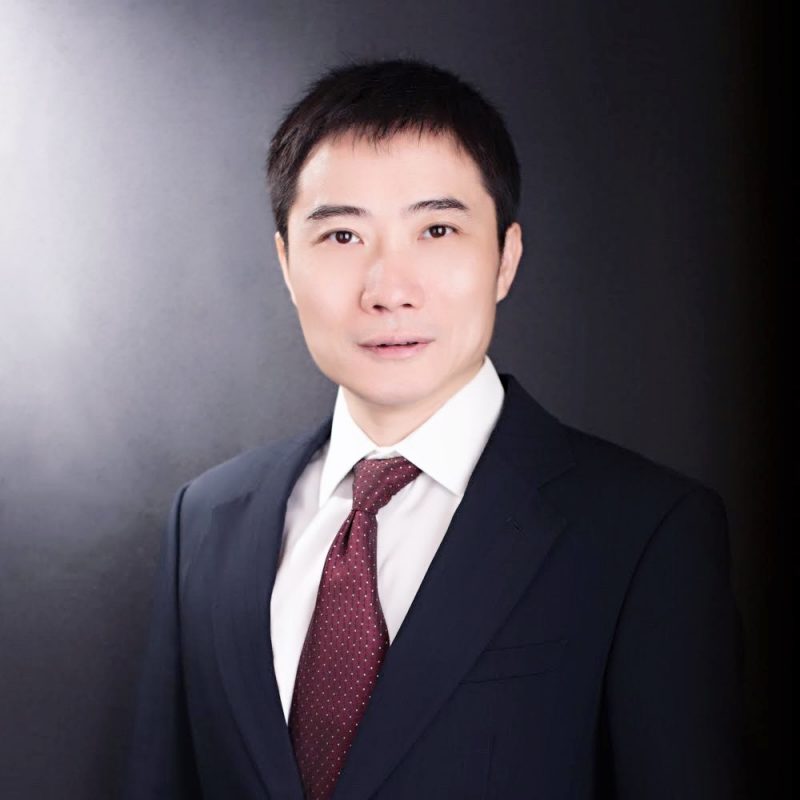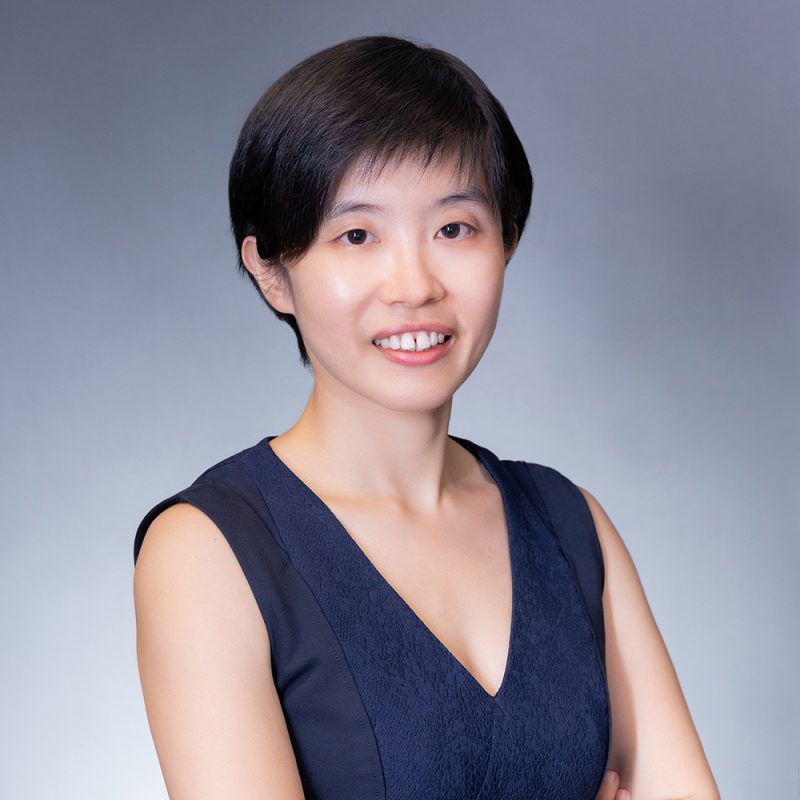Artificial intelligence (AI) is fast becoming a core technology for optimizing efficiency and driving innovation, finding wide applications across sectors such as healthcare, business operations, and public safety. However, just like the other side of the same coin, these advancements also present opportunities for criminals. As AI technology continues to grow more sophisticated, it is difficult to guard against hacking, scams, blackmailing involving fabricated videos, and dissemination of disinformation orchestrated by criminal organizations.
25 Jun 2025
Faculty
In the wake of the Second World War, London underwent a profound transformation from a global trade port to an offshore financial centre. In 1964, the city was one of Europe’s three largest ports, handling up to 61.3 million tonnes of cargo. However, by the 1980s, with the advent of large ocean-going vessels and container technology, its enclosed wharves could no longer adapt to the new shipping demands, both geographically and in terms of facilities. As a result, with its cargo handling volume drastically reduced to 25 million tonnes, London lost its crown as a leading regional port.
18 Jun 2025
Faculty
In today's highly competitive business environment, innovative collaboration has become an important way for companies to gain an advantage. In innovation-driven partnerships, large enterprises often collaborate with small technology firms, integrating the latter's core technologies into their own products to drive product innovation and expand market share. To secure collaboration opportunities, small enterprises also need to demonstrate to potential partners the application potential and market prospects of their technology integration.
13 Jun 2025
"If it lasts more than three or four months, I think many of these small and medium-sized enterprises will not be able to bear it," said Zhiwu Chen, chair professor of finance at the University of Hong Kong.
"This is definitely a bargaining chip for the United States."
12 Jun 2025
Faculty
Van Gogh in the Chip: The Impact of Artificial Intelligence on Creative Processes and the Art Market
Recent years have seen the explosive development of artificial intelligence (AI) technology raising heated debates and deep-seated concerns worldwide about whether AI can replace human workers and result in job destruction. Back in 2016, the late British physicist Stephen Hawking already made the prediction that “the rise of artificial intelligence is likely to extend this job destruction deep into the middle classes, with only the most caring, creative, or supervisory roles remaining”
11 Jun 2025
Faculty
In a recent interview with Ming Pao, Prof. Heiwai Tang, Associate Vice-President of HKU, said that he is not so worried about uncertainties or risks, but more about awareness within the city on how it should move on and understanding why it lost business to other places.
10 Jun 2025
Faculty
Artificial intelligence is rapidly changing the global job market, with many companies introducing AI into their daily operations to reduce costs and enhance efficiency. However, this has raised concerns that AI may replace humans. A multinational investment bank has even identified Hong Kong as one of the places most affected by AI, estimating that nearly 30% of jobs in the region could be at risk. What impact will AI have on the job market? The World Economic Forum predicts that due to the emergence of new technologies like AI, 92 million existing jobs will be eliminated globally, but at the same time, 170 million new positions will be created. How should the government assist workers in transitioning?
7 Jun 2025
Faculty
Recently, Chinese Mainland e-commerce giants Taobao, JD.com, and Pinduoduo have upped their game by incorporating Hong Kong into their free shipping zones. In the past, Hongkongers relied on transshipment consolidation to facilitate the receipt of their ordered goods. Little wonder that customers have warmly welcomed the new one-stop shopping services.
4 Jun 2025
Faculty
Prof. Zhiwu Chen, Chair Professor of Finance at HKU Business School recently shared his perspectives with SCMP on the US ban targeting Chinese testing labs over security risks. Prof. Chen highlighted the practical challenges, "It is hard to determine where each component is tested, when so many things make up a smartphone... I don’t know how you can enforce it." He also pointed out the potential impact on major brands like Apple and Samsung, and ultimately, on American consumers who may face "fewer, more expensive choices." A complex issue with significant implications for global supply chains and tech policy.
3 Jun 2025
Faculty






